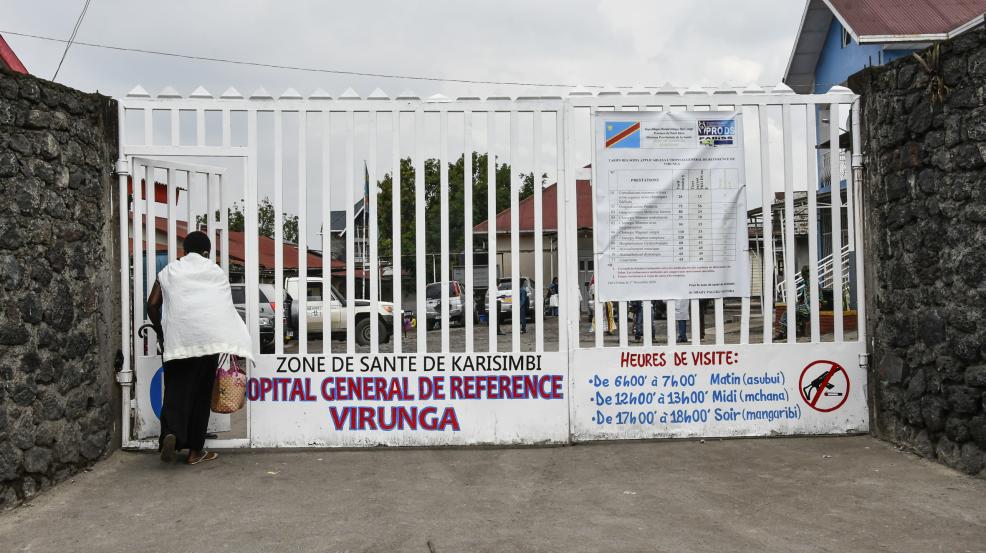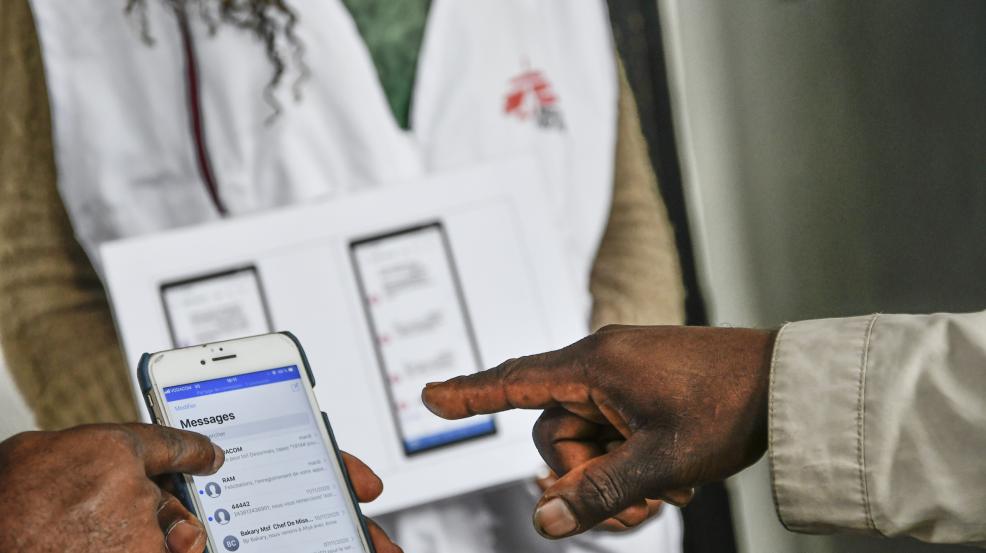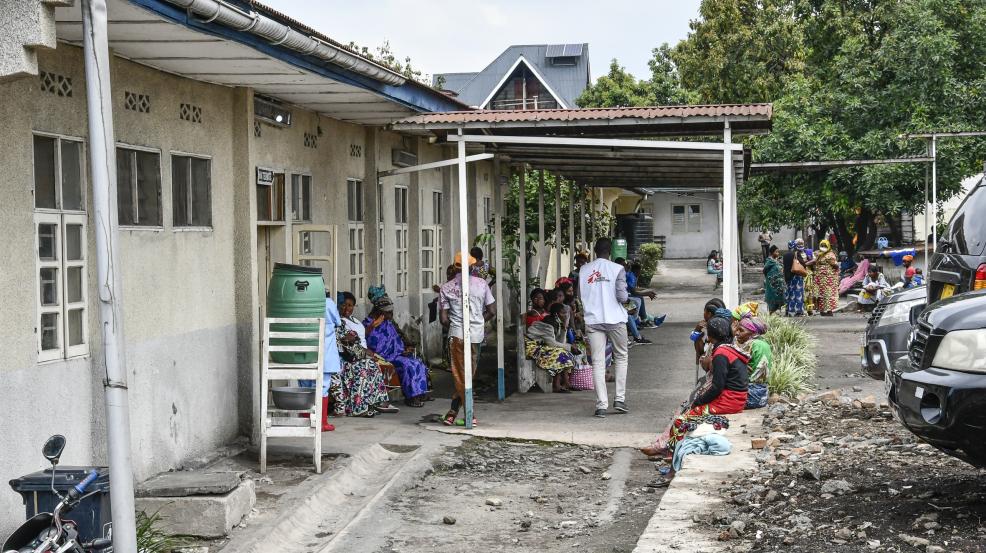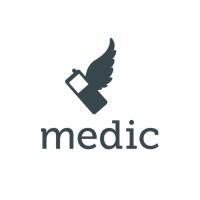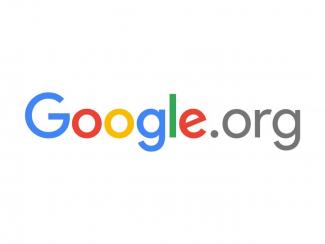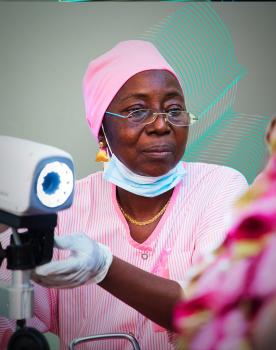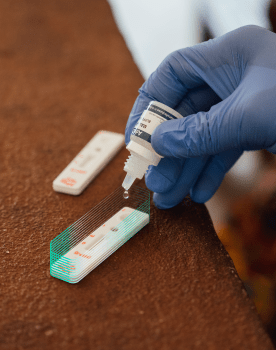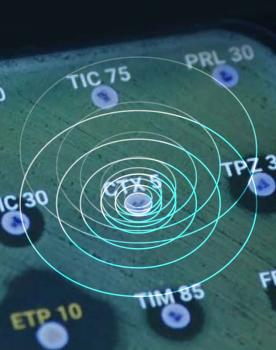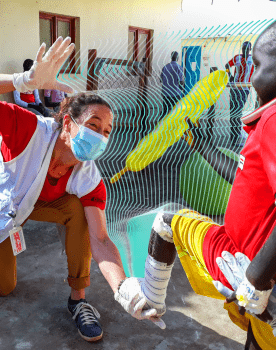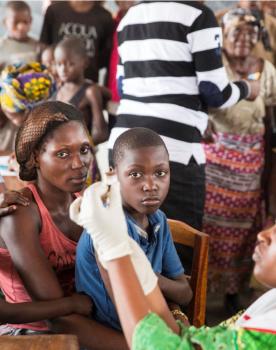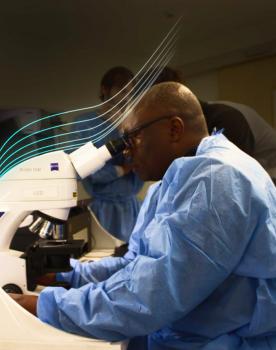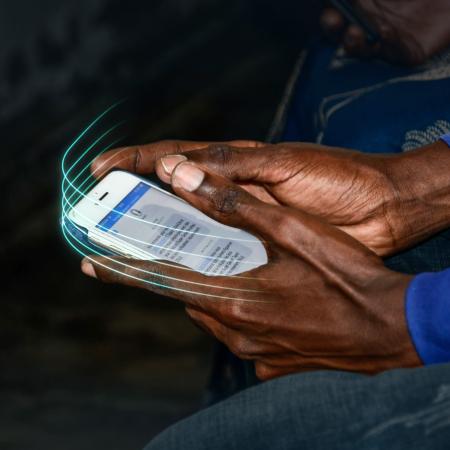
SMS AFYA-YETU
In brief
A program designed to enable people living with a chronic disease, particularly those with medical or social vulnerabilities, to quickly identify and report problems that could lead to a lack of follow-up in their treatment or a deterioration of their state of health.
Status of the project
News
In detail
In Goma, in 2020, MSF's monitoring of 3,000 patients with HIV has been made increasingly complex by the Covid-19 pandemic, as they are a population that is potentially at risk from this virus.
The MSF Foundation, in collaboration with Medic, the MSF teams and some volunteer engineers from Google.org decided to adapt CHT, the platform for the digitalization of community healthcare developed by Medic, to improve the monitoring of this vulnerable population. The objectives were to identify cases of Covid-19 within the cohort more quickly and to be able to identify problems related to their HIV infection quickly, during a period when access to direct care was limited due to pandemic associated constraints.
Two types of populations made up the cohort monitored by MSF teams in Goma:
- A so-called “stable” group, that was already following their treatment fairly well.
- A so-called "unstable" and more vulnerable group often affected by TB co-infection, failure of first-line treatment, etc.
After an initial deployment, the teams reoriented the platform to cater more closely to the needs reported by patients and caregivers, in particular to assist the “unstable” population more effectively.
The platform responds to several issues:
- It improves prevention through an early detection and identification of disease deterioration symptoms.
- In the event of a pandemic but also in precarious situations, the cohort monitored for chronic illnesses may encounter difficulties travelling, the platform reduces unnecessary travel for monitored patients.
- It allows for direct interaction with the at-risk population by breaking down intermediations and barriers.
- Automating the questionnaire and the alert system allows for a rationalization of necessary resources for follow-up. In the long term, the same number of caregivers will be able to monitor a larger patient cohort.
After having been successfully tested on a cohort of 30 patients, now, the platform must be deployed on a larger scale. Based on our experience in Goma, the objective is to be able to apply this system to other chronic diseases too.
After having been successfully tested on a cohort of 30 patients, which produced satisfactory results, the larger-scale deployment phase was confronted with the complexity of interfacing with local telephone operators, due to the multiple technical partners involved but also to the mass of SMS messages to be managed, which is a real technical challenge.
Today, with the closure of the HIV project in Goma scheduled for 2023, the MSF Foundation has decided to capitalize on its achievements and constraints in order to facilitate the possible use of the application in other contexts and/or missions. This capitalization work is currently in progress.

Project in Pictures
Our partners
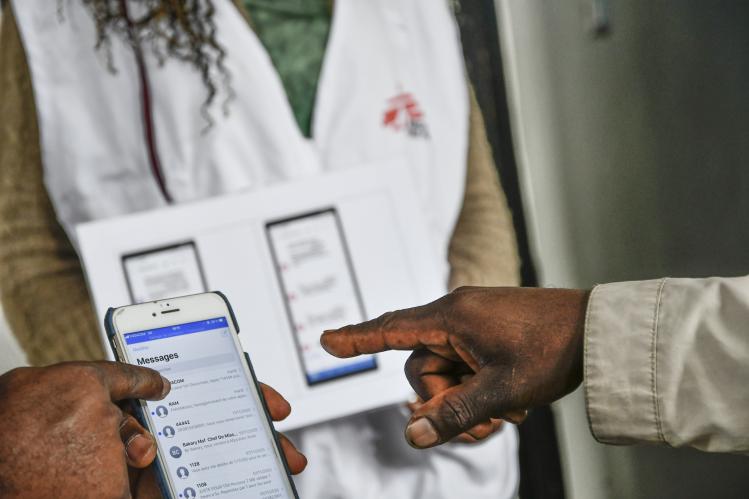
Contribute
You wish to specifically support the development of this project? Contact Catherine Béchereau - Loyalty and Philanthropy Manager 01 40 21 56 88 - [email protected]

